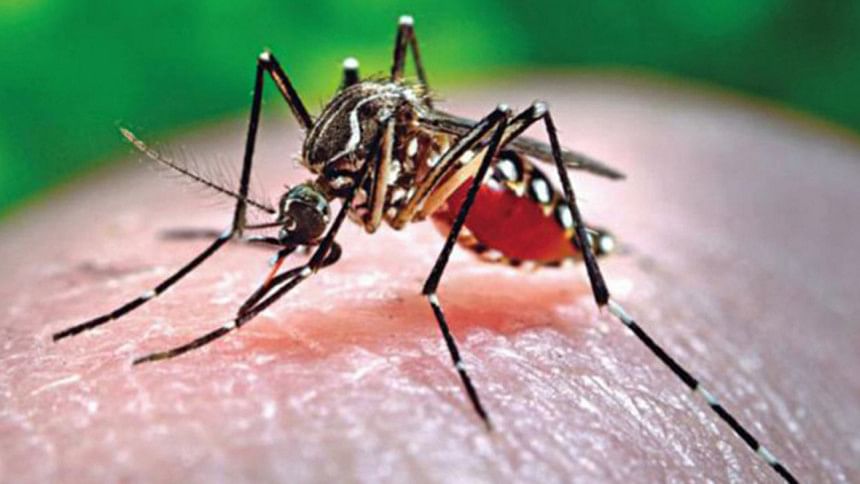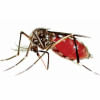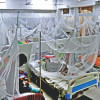Dengue Control: Kolkata shows the way

Bangladesh can take a page out of Kolkata’s playbook in tackling the spread of dengue, which has already infected a record 17,183 people in the country.
Over the last few years, Kolkata City Corporation has been working round the year to control the population of Aedes mosquito, the carrier of the disease.
Earlier, the corporation would start its mosquito-controlling activities during the monsoon, but by then the virus would have spread to different corners of the city.
The corporation now keeps an eye on accumulation of stagnant water throughout the year and closely follows hospital records to see which tests are being done and whether people are being diagnosed with the disease, reports BBC Bangla. This way, the authority concerned can take prompt measures.
The huge undertaking means that a large number of people have been dedicated to monitor the dengue situation, with plans being mulled this year to deploy drones across Kolkata to tackle the situation.
Kolkata Deputy Mayor and acting panel mayor of the health department Atin Ghosh told the BBC Bangla that the corporation monitor the dengue situation in different stages.
Some 20-15 men, divided into two groups, work in each of the 144 wards. One group conducts awareness campaigns on the disease, while the other looks for the presence of stagnant water in their areas.
Rapid action teams, comprising 8-10 members, are also kept on stand-by. On information, they quickly move to destroy breeding grounds of Aedes mosquitos.
To take the monitoring mechanism to another level, the corporation is planning to deploy drones that, among other jobs, will spray mosquito-repellent oil.
A mechanism has also been put in place to diagnose dengue and provide treatment in all 144 wards.
Atin Ghosh said that most of the laboratories in India were private and so it was difficult to find out data on patients. To address this issue, a person has been deployed in every ward only to collect information regarding dengue from hospitals, nursing homes and diagnostic centres.
The information is quickly communicated to the mosquito controlling teams.
On the dengue outbreak in Bangladesh, Atin said he had learnt about it from newspapers.
“It is a matter of concern to us. Many people come to Kolkata from Bangladesh. If any of them carries the dengue virus, it creates a possibility of the disease spreading here. Therefore, if Bangladesh wants, we are ready to help.”
He also offered assistance in tackling mosquito populations to any district which needed it.
In yet another measure, the city corporation has also made a legal provision to fine any building Tk 1 lakh, if corporation staffers find accumulated water there. The cleaning cost of the water will also be added to the building’s annual holding tax.

 For all latest news, follow The Daily Star's Google News channel.
For all latest news, follow The Daily Star's Google News channel. 







Comments